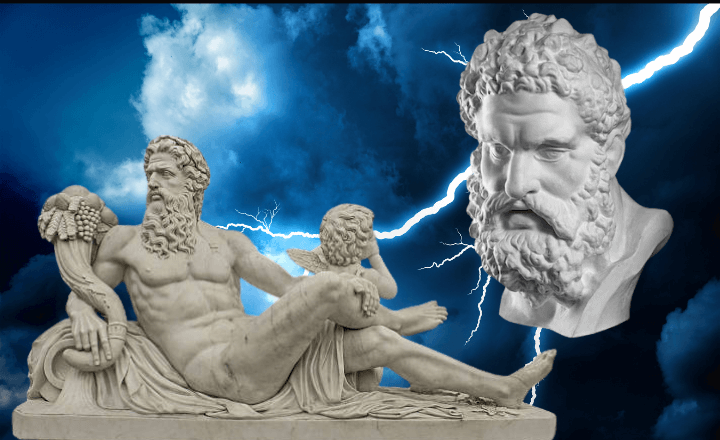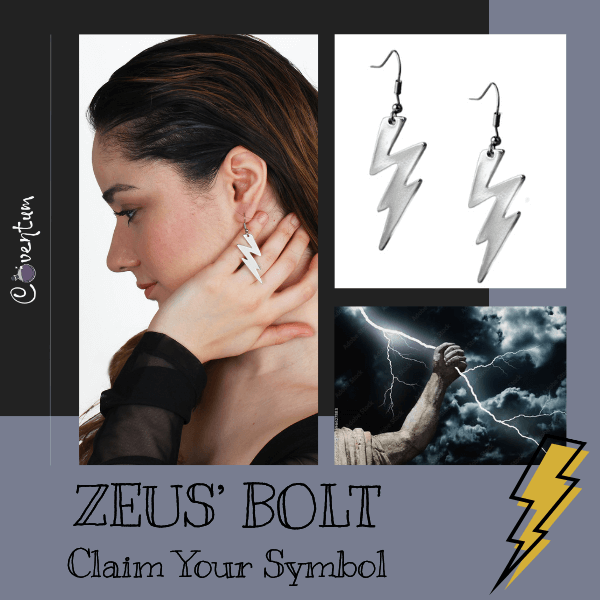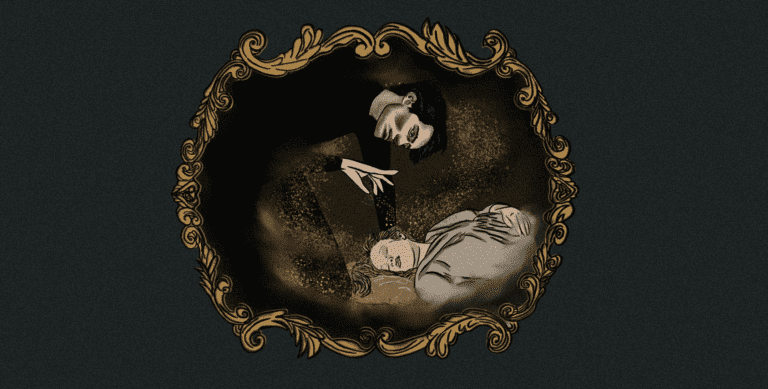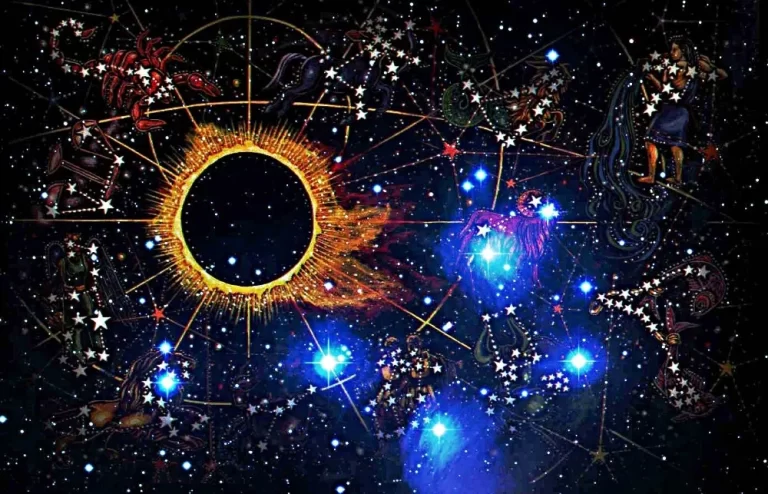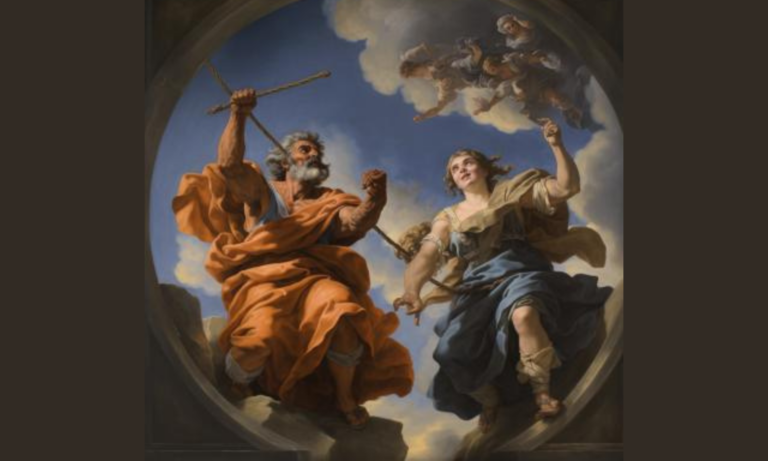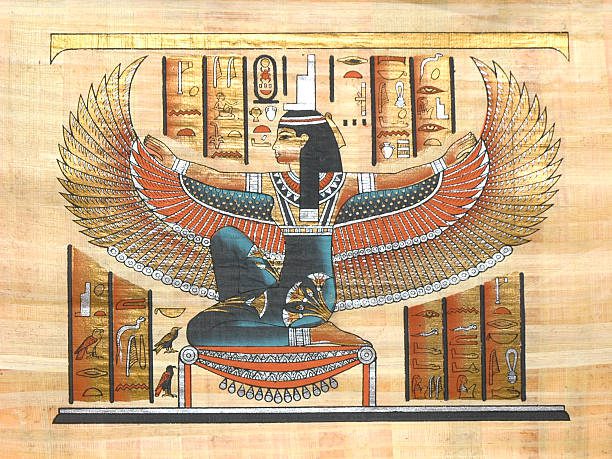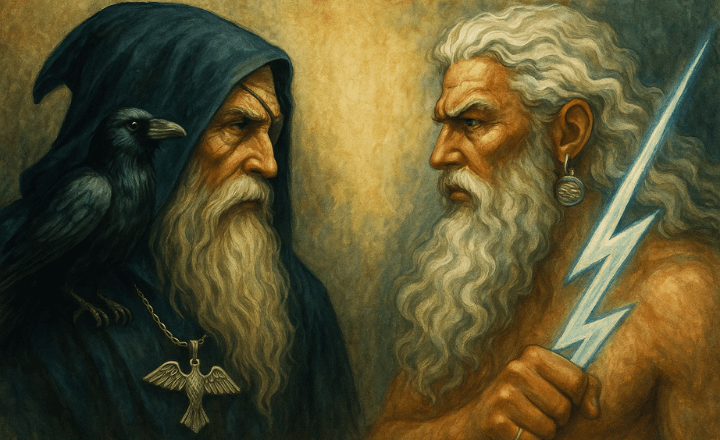Is Zeus Actually Hercules’ Father?
Short answer? Yes. Long answer? Oh, it’s messy. And mythologically delicious. Zeus, the king of the gods, is indeed the biological father of Hercules—or Heracles, as the Greeks originally named him. But being a dad in ancient mythology isn’t about changing diapers and teaching you how to throw a discus. It’s about legacy, power, and what you pass down (for better or worse).
Let’s dive into the divine family drama and ask: What does it really mean to be someone’s father? And why does Zeus have so many kids?
Zeus and Hercules: Blood, But Not Bond
Here’s how it went down: Zeus disguised himself as Amphitryon (Alcmene’s husband), snuck into Alcmene’s bed, and nine months later—boom. Hercules. Classic Zeus.
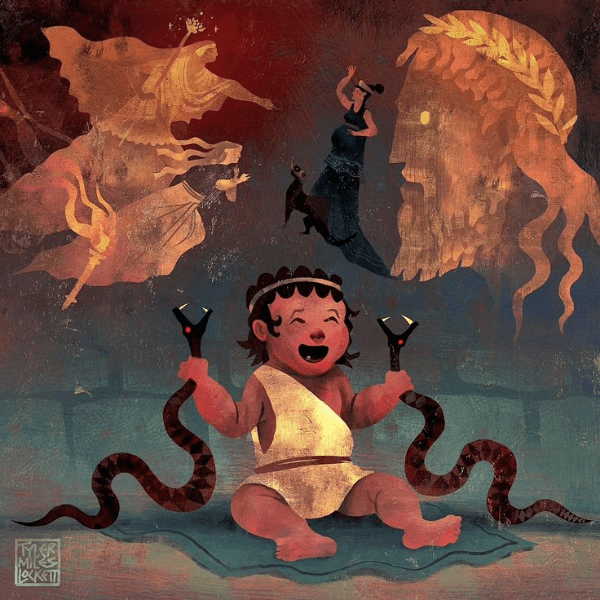
While Zeus is technically Hercules’ dad, he wasn’t exactly around for father-son bonding time. Hera, Zeus’ wife, was (understandably) furious about this divine infidelity and made Hercules’ life a nightmare. Two snakes in a crib? That was her idea. Baby Hercules strangled them both with his bare hands.
From the start, Hercules didn’t get an easy ride. And Zeus? He watched from Olympus. Proud, maybe. But present? Not really.
Zeus is that father archetype who gives you a big name, a heavy destiny, and then leaves you to figure it out.
Sound familiar?
Fatherhood as a Power Dynamic
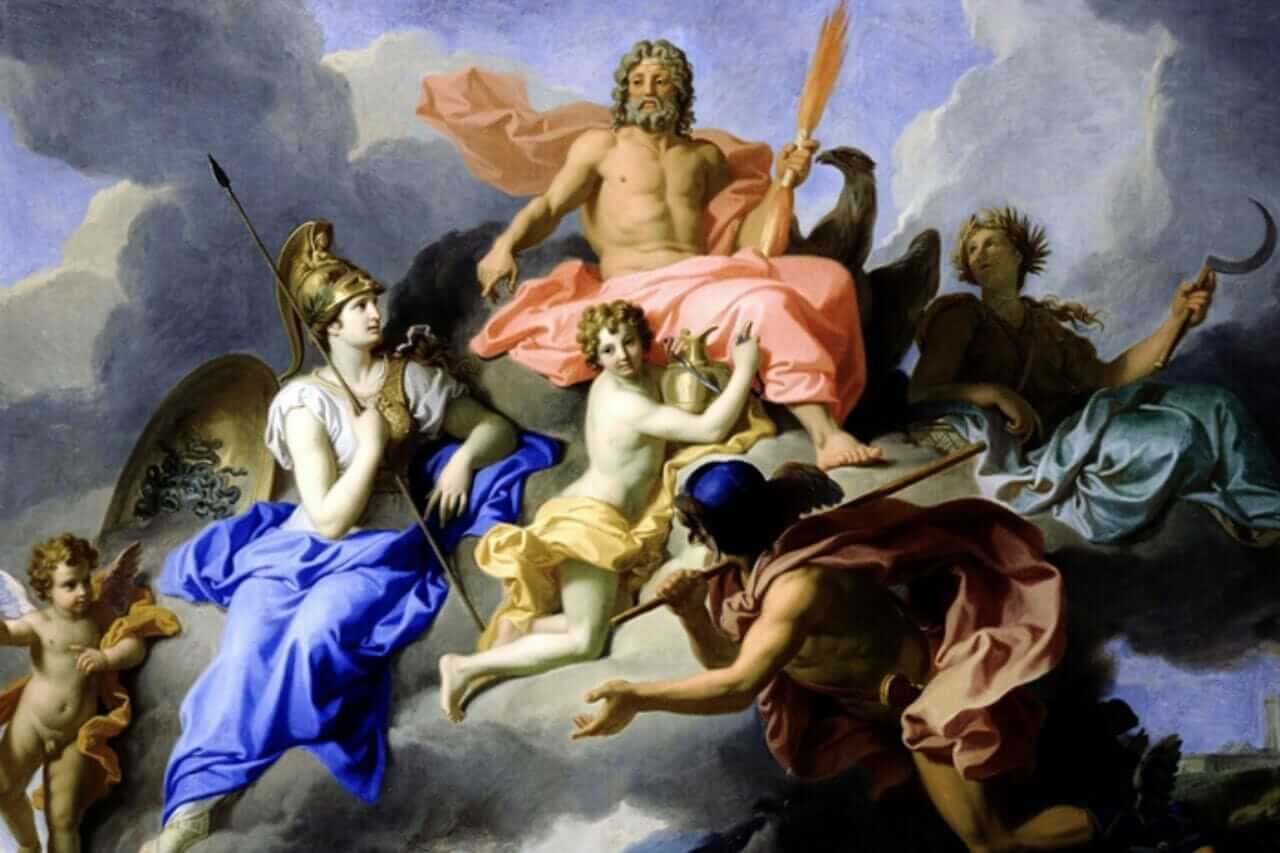
Zeus’ parenting style (if you can call it that) is a mirror for a particular kind of fatherhood: the provider without presence. He gives Hercules power, divine lineage, and superhuman strength—but no protection from Hera, no guidance through his legendary twelve labors, and definitely no hugs.
Hercules’ story becomes a mythic metaphor for sons trying to live up to the impossible expectations of a powerful but distant father.
It’s not just Hercules. Zeus had dozens of kids—some mortal, some divine, some somewhere in between. Apollo and Artemis. Persephone. Athena. Perseus. Helen of Troy. The list is wild.
How many children did Zeus have?
According to most sources, at least 92. That’s not a typo. That’s a franchise.
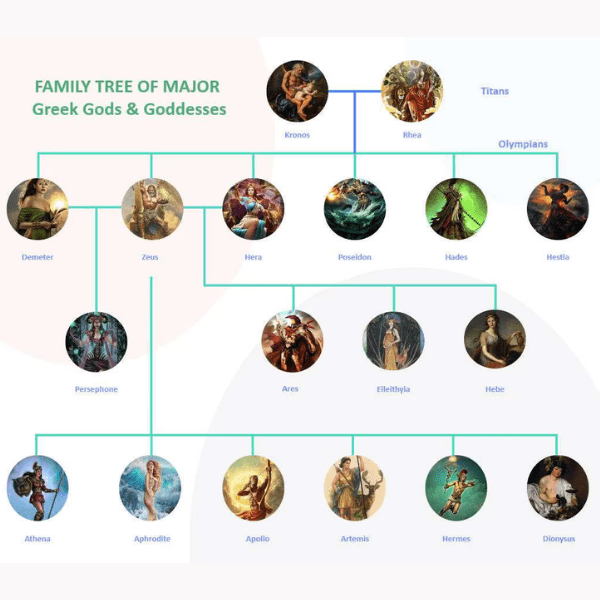
If there were a divine paternity test, Zeus would need a dedicated Olympus branch office. Among his most well-known children are:
- Athena — born fully armored from Zeus’ forehead, his favorite child and goddess of wisdom.
- Apollo & Artemis — twin deities of the sun and moon, respectively.
- Hermes — the trickster messenger.
- Dionysus — god of wine, born from Zeus’ thigh (sounds about right).
- Perseus, Helen of Troy, Heracles (Hercules) — heroic figures who carried both blessing and burden.
He was known to favor Athena, seeing her as an extension of his own mind and strategy. Meanwhile, many of his mortal offspring faced danger, jealousy, or abandonment.
The Weight of Divine Expectations
Being a child of Zeus wasn’t a blessing. It was a burden. You inherited power, sure. But you also inherited chaos. Fame. Jealousy. Targets on your back.
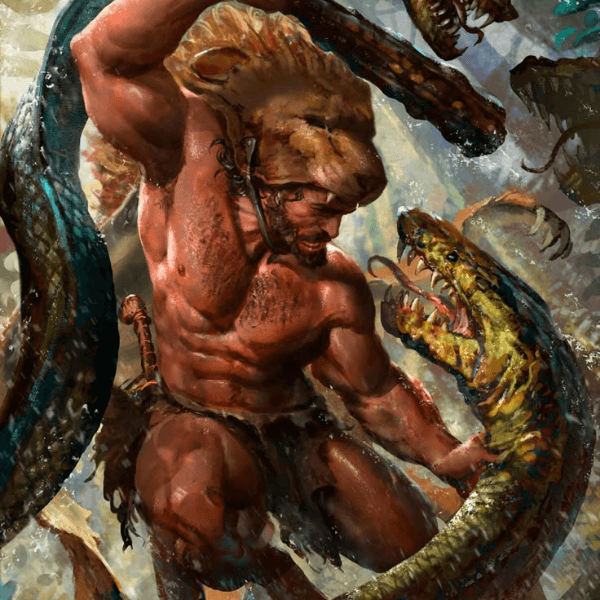
Zeus’ kids were rarely nurtured. They were challenged. Tested. Thrown into quests, wars, and vengeance plots. Sound familiar again? For many, this echoes real-life father-child dynamics: being expected to shine with little support, to be strong before you’re ready.
Hercules didn’t just survive. He became a symbol of resilience. He transformed pain into legend.
What We Inherit, What We Choose
So is Zeus really Hercules’ father? Biologically, yes. Symbolically, not so fast.
In psychological terms, Zeus is the archetype of the legacy father: the one who gives you your name, but not your story. The one you wrestle with in therapy. The one who is powerful, impressive, and utterly unreachable.

And Hercules? He’s the child who says, “I’ll carry the weight—but I’ll carry it my way.”
That’s why this story endures. It’s not just mythology. It’s inheritance, defiance, and transformation.
For the Daughters of Thunder (And Anyone Who’s Ever Had to Be Their Own Hero)
Not all of us have fathers like Zeus. But many of us have had a Zeus in our lives—loud, dramatic, powerful, distant.
If you’ve lived in someone’s shadow, carried someone’s legacy, or fought your way out of a myth you didn’t choose—we see you.
Our Lightning Bolt Earrings aren’t just accessories. They’re symbols. For the ones who survived divine expectations. For the ones who rewrote the story.
Shop Lightning Bolt Earrings – Embrace the storm you come from. Become your own thunder.
References:
- Theoi Project: Zeus & Hercules Myth
- Tufts Perseus Project: Hercules Biography
- The Collector: How Many Children Did Zeus Have?

